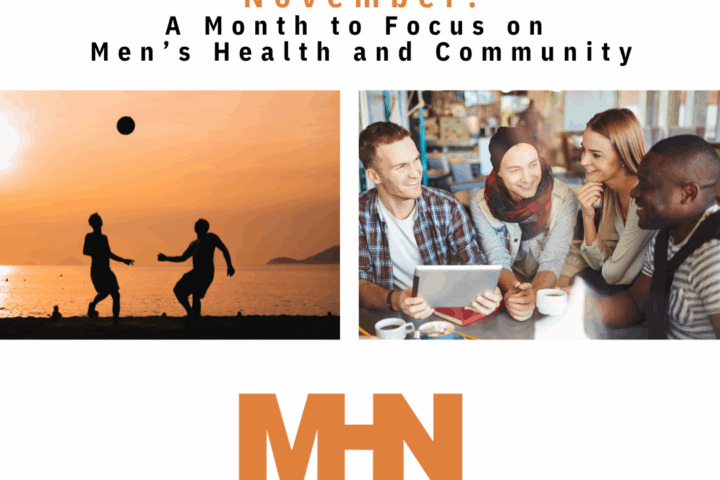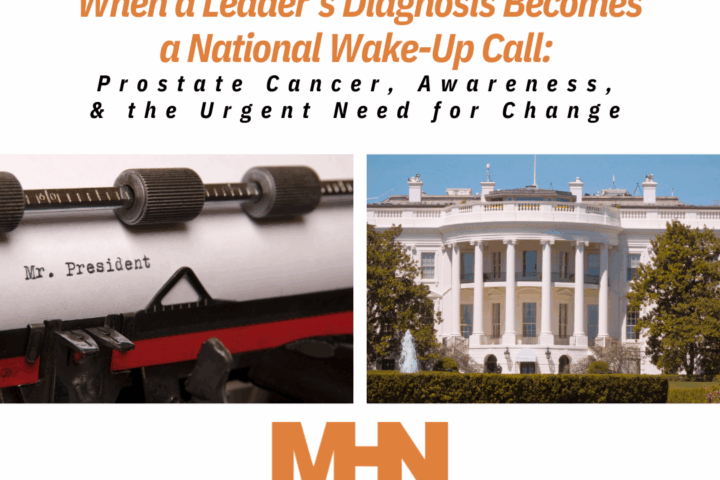Despite the U.S. Preventative Services Task Force’s (USPSTF) “D” rating for performing testicular self-examination (TSE), the vast majority of men’s health scholars continue to promote the behavior among male populations. The USPSTF suggests that there is “inadequate evidence that screening….has greater yield of accuracy for detecting testicular cancer at more curable stages”. However, we in the men’s health academy have a unified response for why we continue to promote the behavior: TSE is a tool used to assist men in raising informed decision-making (IDM) skills and elevate bodily self-awareness.
Essentially, TSE is indeed meant to help catch early cases of testicular cancer but it is also utilized for its role in comprehensive men’s health promotion efforts. What we recommend is for men to be self-aware of their bodies and be able to know and understand their risks for testicular cancer. This well-rounded approach to IDM includes knowledge of TSE, as well as an understanding of the male anatomy and the inherent health risks for being male. We model our efforts after the prostate health maintenance movement and their associated IDM focus.
Highlighting one of the secondary points of the USPSTF report: What are the long-terms effects of anxiety on young men as it pertains to testicular cancer and false positive results? We feel for the USPSTF to suggest that anxiety is an important factor for males to not perform TSE is problematic. There appears to be a systematic lack of evidence clearly demonstrating an overwhelming physiologic risk in response to the onset of anxiety stemming from a false-positive test result. The USPSTF actually acknowledges that there is a lack of information on the sensitivity, specificity, and positive predictive value with those values being unknown to any scholar or clinician in the field. Perhaps this acknowledgment makes their point moot?
TSE is a valuable behavior because it raises attention to testicular cancer and assists in making men more self-aware of their bodies, not to mention more comfortable discussing men’s health issues with others. TSE costs nothing to perform and serves as a valuable asset for men to gain valuable knowledge about themselves. Perhaps the issue with an ambiguous relationship of TSE and early detection of cancer, or the physiologic risk stemming from false-positive anxiety, is that there is a general lack of scientific research of the effect of TSE in male populations. Perhaps we shouldn’t close the book on this just yet. We need to keep exploring this topic before we dismiss it outright.
In the meantime, we will continue to promote TSE, despite the USPSTF’s “D” rating. It is an essential tool for men to get to know their bodies so that they have the confidence and knowledge necessary to discuss health and well-being issues.



